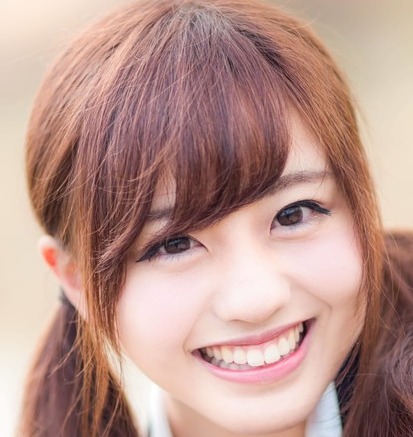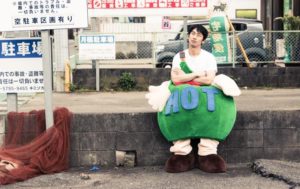“mama” vs “okāsan” vs “haha” vs “hahaoya”:What is the Difference?
What is the difference between “ママ (mama)”, “お母さん (okāsan)”, “母 (haha)” and “母親 (hahaoya)“? They have subtle differences. Can we say “ママ” in public? What about “お母さん”? After reading this, you would be answering this question. Let me introduce what their subtle differences are and how you correctly use them such as native speakers today!
ママ (mama) / お母さん (okāsan) / 母 (haha) / 母親 (hahaoya)
Mammy/Mom/Mather / 妈妈/妈/家母/母亲 / 엄마/어머니/어머니/모친 / Mẹ ơi/Mẹ,Mẹ ơi/Mẹ của tôi/Người mẹ
“ママ (mama)”, “お母さん (okāsan)”, “母 (haha)” and “母親 (hahaoya)“ mean “Mammy, Mom or Mather”. “ママ” is used as a child’s word for mother, “お母さん” is used as someone’s mother which is informal, “母” is used as someone’s mother which is formal and individual and lastly “母親” is used as someone’s mother which is formal and a role of a mother. For instance, although “My mother is strict.” can be translated to both “母は厳しい” and “母親は厳しい”, “母は厳しい” means “MY MOTHER IS strict” and 母親は厳しい” means “My mother is strict AS A PARENT”. This is what the role of a mother means. So, native speakers feel a sense of closeness using with using “母” than “母親“. Among your friends, you would be using “お母さん” or “母さん” which is pretty boyish so if you are a woman or a girl, you should use “お母さん” instead of “母さん”. However, you might want to use “母” or “母親” in public.
\ Learn Japanese with a personal native teacher!/
Sample
お母さんの仕事は何? (What does your mom do?) (你母亲的工作是什么?) (어머니 직업은 뭐야?) (Công việc của mẹ cậu là gì vậy?) (okāsan no shigoto wa nani?)


母親が昨日、新しい洗濯機を買ってたよ。 (My mather bought a new washing machine.) (我妈妈昨天买了一台新洗衣机哦。) (어머니가 어제 새로운 세탁기를 사셨어. ) (Mẹ tớ hôm qua mới mua máy giặt mới.) (hahaoya ga kinō, atarashī sentakuki wo katteta yo.)


ママ帰ってきたかな!? (Is that mammy!?) (妈妈回来了吧!?) (엄마 집에 왔어?!) (Không biết mẹ về chưa nhỉ!?) (mama kaette kita kana!?)


母の仕事は看護婦です。 (My mather is a nurse.) (我母亲的工作是护士。) (어머니 직업은 간호사입니다. ) (Công việc của mẹ tôi là y tá.) (haha no shigoto wa kangofu desu.)


母と来週大阪に行きます。 (I’m gonna go to Osaka with my mother next week!) (下周我要和妈妈一起去大阪。) (어머니와 다음 주 오사카에 갑니다.) (Tuần tới tôi với mẹ sẽ đi Osaka. ) (haha to raishū Ōsaka ni iki masu.)


母親は学校の先生です。 (My mother is a school teacher.) (我母亲是学校老师。) (어머니는 학교 선생님입니다. ) (Mẹ tôi là một giáo viên.) (hahaoya wa gakkō no sensei desu.)


ママがこれ買ってくれたの! (My mammy bought this for me!) (妈妈给我买了这个!) (엄마가 이거 사줬어!) (Mẹ đã mua cái này cho tớ đó!) (mama ga kore katte kureta no!)


お母さんは優しいよ。 (My mam is kind.) (我妈妈很好的。) (어머니는 상냥하셔.) (Mẹ tớ hiền lắm đó.) (okāsan wa yasashī yo.)
\ Learn more! /









Comments